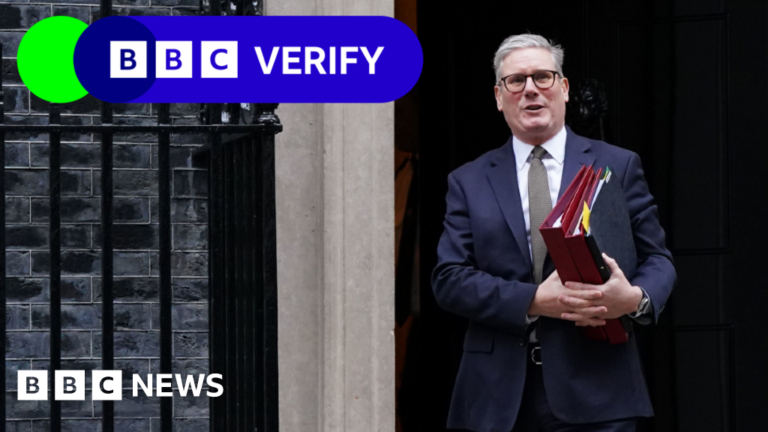A pensions timebomb is ticking on the Isle of Man and the self-governing island off the UK’s west coast came very close to defusing it last week. Like the UK, the island protects state pensions with the triple lock, which automatically increases the state pension each year by the maximum of three measures: price inflation, average earnings or 2.5%.
The Isle of Man’s government wanted to scrap the triple lock for some pensioners in its budget last week. But ministers were forced to back down following a backlash from members of the island’s parliament, who argued the change was “unfair” on pensioners and was being rushed through without a proper debate.
The U-turn is a cautionary tale for critics of the triple lock in the UK. It underlines the political difficulty of watering down the income of pensioners who tend to vote in greater numbers than younger age groups at elections.
One former UK Treasury adviser told the BBC: “It’s politically too difficult to come up with a pension policy that does not involve committing to the triple lock. It’s such a vulnerability in an election campaign.”
A return to some model of earnings link is favoured by many economists. According to the ONS, between 2022 and 2032, the number of pensioners in the UK is projected to increase by 13.8%. Meanwhile, the fertility rate is declining, suggesting there could be fewer UK-born people entering the workforce and paying taxes to cover welfare costs, including pensions.
The government’s spending watchdog, the Office for Budget Responsibility, said spending on pensioners is forecast to rise from £141bn this year to £182bn by 2030.
In the Irish Sea, the cost pressures of keeping the triple lock are similarly intimidating politicians on the Isle of Man. With a population of about 84,000, and a declining birth rate, the Isle of Man has a higher proportion of over 65s than the UK as a whole – 22.5% compared with 19% – and forecasts show the number of retirees on the island is expected to grow.
A report last year suggested, without reform, the fund that pays out the state pension could run out by 2047.
For government it’s a lose, lose, scenario, said David Sinclair, chief executive of the International Longevity Centre – UK. The problem is that none of the alternatives to removing the triple lock are going to be popular.
A government spokesperson said its commitment to the triple lock was “unwavering” and meant “millions will see their state pension rise by up to £1,900 over this parliament”.
In the Conservative camp, there have been hints of a shift in attitude to pensions. Speaking on LBC, Tory leader Kemi Badenoch said the Conservatives were “going to look at means-testing” benefits, in response to a question about the state pension. Her party later insisted she was not referring to the triple lock specifically.
Also, the shadow chancellor, Mel Stride, has said the triple lock was unsustainable in “the very, very long term”.
None of this attention has led to any major rethinking of the triple lock, which has become a sacred cow of British politics.
Source link




